How long does paper last?
A young Sydney researcher has been digging up landfill sites, and has shown that burying wood products, such as floor boards and furniture, can effectively prevent them from contributing to global warming.
The work shows that timber can be a greenhouse friendly material, if the products are properly disposed of at the end of their life.
For the past five years, Fabiano Ximenes and colleagues from the Cooperative Research Centre for Greenhouse Accounting have been following what happens to carbon when the wood in trees is harvested, milled, used in products, and then discarded at the end of its service life. To complete their study, they had to retrieve a wide variety of wood products buried in landfill for up to 46 years. They then analysed them to check how much carbon was stored and how much released to the atmosphere as greenhouse gas.
They found that carbon is stored in wood products for much longer than previously thought. “We found magazine articles that we could still read clearly. Many of the wood products were still in very sound condition,” Ximenes says.
Australians dump about 4.5 million tonnes of wood and paper products in landfill each year. Greenhouse gas emissions from the decay of this material had previously been estimated as equivalent to 8 million tonnes of carbon dioxide a year-about the same as the combined emissions from all the aircraft and trains in Australia.
“But we found that a maximum of only 3.5 per cent of the carbon originally in the wood had been lost through decomposition to carbon dioxide and methane. Previous estimates assumed decomposition rates of between 20 and 25 per cent based on experiments conducted in the laboratory under optimised conditions, which are clearly very different from actual landfill.”
The data gathered by the dump diggers is being used by the Australian Greenhouse Office, and has generated scientific and industry interest in Australia and abroad.
Fabiano is one of 13 Fresh Scientists presenting their research to the public for the first time thanks to Fresh Science, a national program hosted by the State Library of Victoria. One of the Fresh Scientists will win a trip to the UK courtesy of the British Council to present his or her work to the Royal Institution.
Fabiano Ximenes is an employee of the NSW Department of Primary Industries and worked with DPI researchers on this project. The research was funded by the CRC for Greenhouse Accounting, in which NSW DPI is a partner.
- Excavation – Sydney Park tip
- Excavator – Lucas Heights tip
- Fabiano and John Marchant – Lucas Heights tip
- Fabiano and John Merchant searching rubbish
- Fabiano at Sydney Park tip
- Fabiano at tip in North Carolina
- Fabiano reading newspaper
- Fabiano searching rubbish
- Newspaper- 25 years in the tip

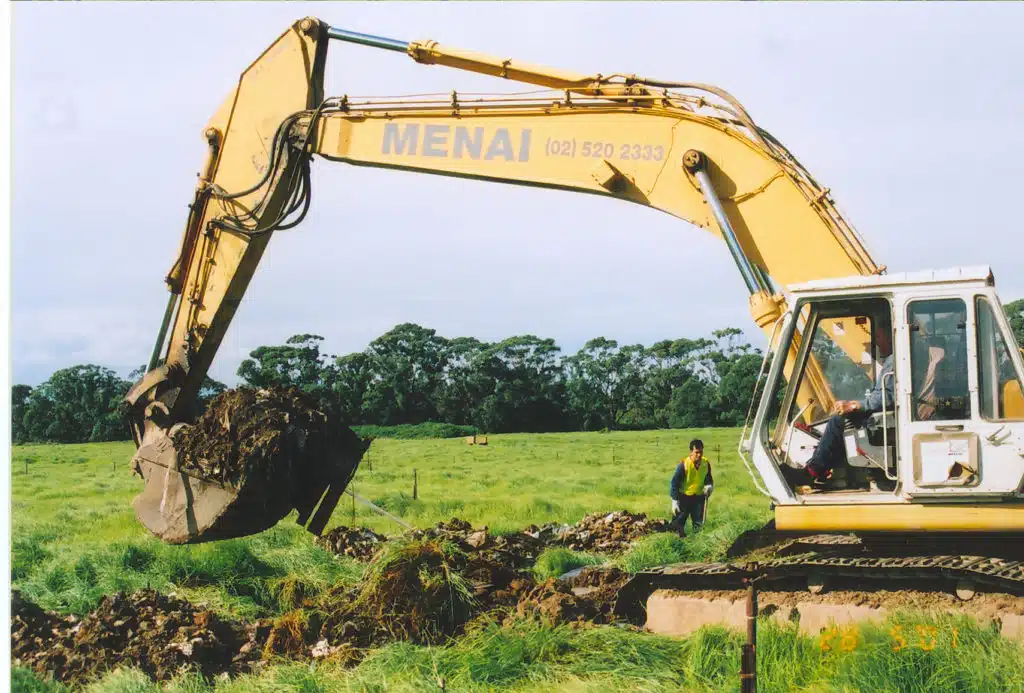
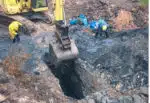
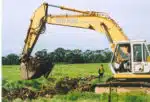
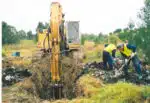
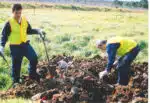
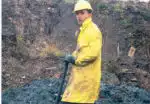
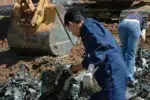
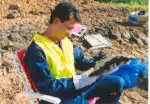
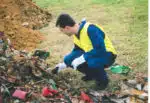

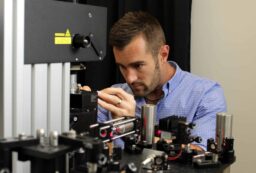

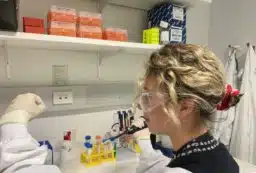
 Fresh Science is on hold for 2022. We will be back in 2023.
Fresh Science is on hold for 2022. We will be back in 2023.